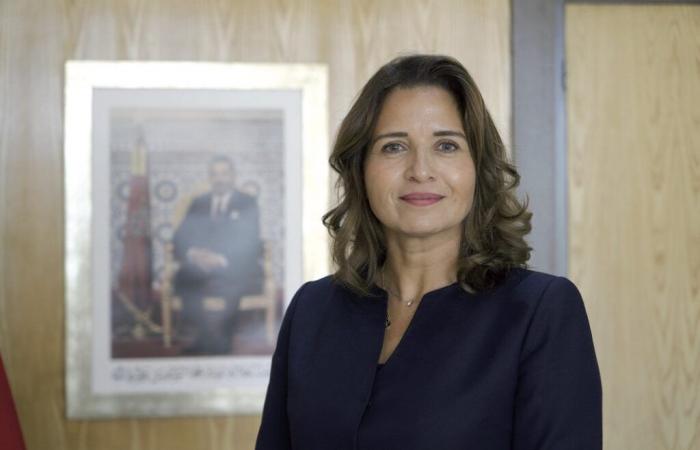Bill 67-24, intended to establish the principles and rules applicable to the import, export, storage, transport, distribution and supply of natural gas, was transmitted by Leila Benali to the General Secretariat of the Government for submission to public consultations.
Relief and great pride. The teams who worked tirelessly on the preparation of the text of the law in question, which will certainly undergo amendments throughout the process of its adoption, are relieved because of the multiple consultations and other back and forth that its preparation required, but it seems that the version which details the conditions, rules and obligations for future aggregators, suppliers and distributors while providing for the creation of a public manager of the transport networks for this energy source is rather exhaustive. Especially since no question has been set aside from the supply of natural gas and its storage to transport, its distribution, pricing for infringements and the sanctions imposed on them to the transitional and final provisions which govern this trade .
Read also | Where is the African-Atlantic Gas Pipeline? Amina Benkhadra says it all [Vidéo]
Without going into detail, the main measures concern firstly the transport network manager who will have to draw up the ten-year development plan for the gas works, for which he is responsible, in coordination with the administration in charge of energy, after consultation with all users and based on medium and long-term forecasts of national consumption and production of natural gas.
The bill, which thus covers the rules applicable to the import, export, storage, transport, distribution and supply of natural gas, as well as the activities ancillary to the latter, indicates that the development of the legal framework is part of the strategic orientations of the general policy of the State which aims at the diversification of energy sources and resources and the implementation of sustainable development objectives. Article 19 returns to the calculation of “tariffs relating to natural gas operated according to the mechanisms established by the administration responsible for energy and taking into account the methods of setting wholesale and retail sales prices, including the setting costs of transport, storage, distribution, access to the network, as well as margin ceilings.
Read also | ONHYM and ONEE sign a natural gas transport contract via GME
As for the end consumer, the bill aims to better protect consumers with a range of safeguards and when this is not enough, a battery of dissuasive sanctions is in the pipeline. After a series of proposals aimed at remedying the abuses noted by certain suppliers, the fraudulent use of contractual clauses by suppliers is surrounded by a series of articles.
Thus, the Aggregator must sell natural gas to end consumers connected to distribution or transport networks while respecting the sales prices of natural gas to end consumers and guaranteeing the quality of this natural gas delivered to end consumers. .
In the same vein, the legislator has enshrined the protection of the rights of end consumers (including the right to freely choose their operator, right to a transparent procedure allowing them to change supplier, right to information before any modification of the conditions of the contract ).






